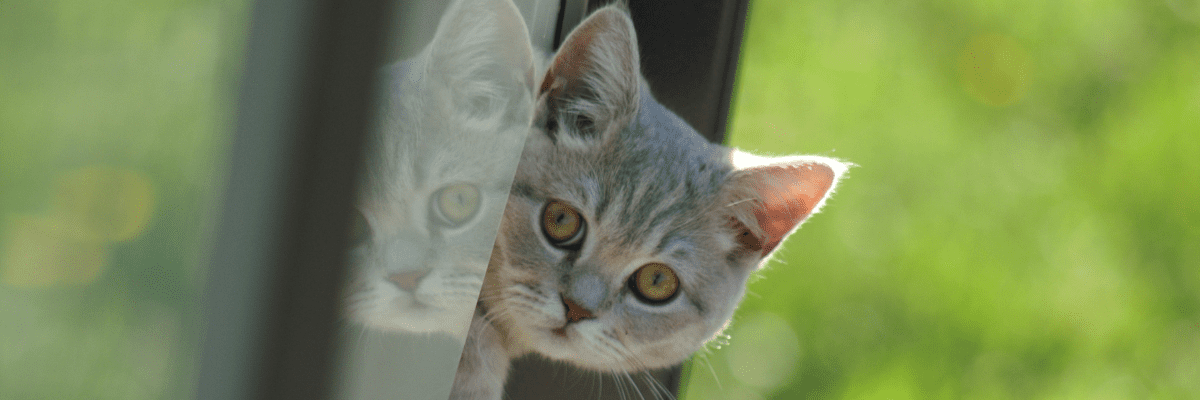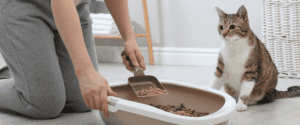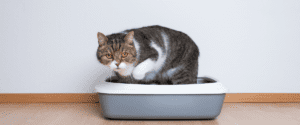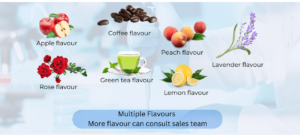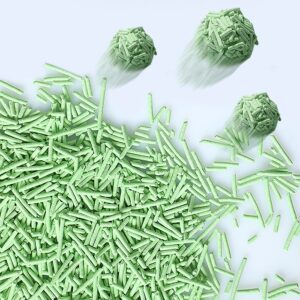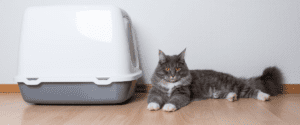Introduction
In the realm of cat care, one of the most significant shifts has been the growing preference for plant-based cat litter. This eco-friendly alternative not only promises to reduce our environmental footprint but also ensures the health and comfort of our feline companions. For online and offline wholesalers, such as Amazon and large supermarkets, understanding the benefits of plant-based cat litter is crucial in meeting the evolving demands of customers. Let’s delve into the myriad benefits that plant-based cat litter offers and why it’s becoming the preferred choice among cat owners.
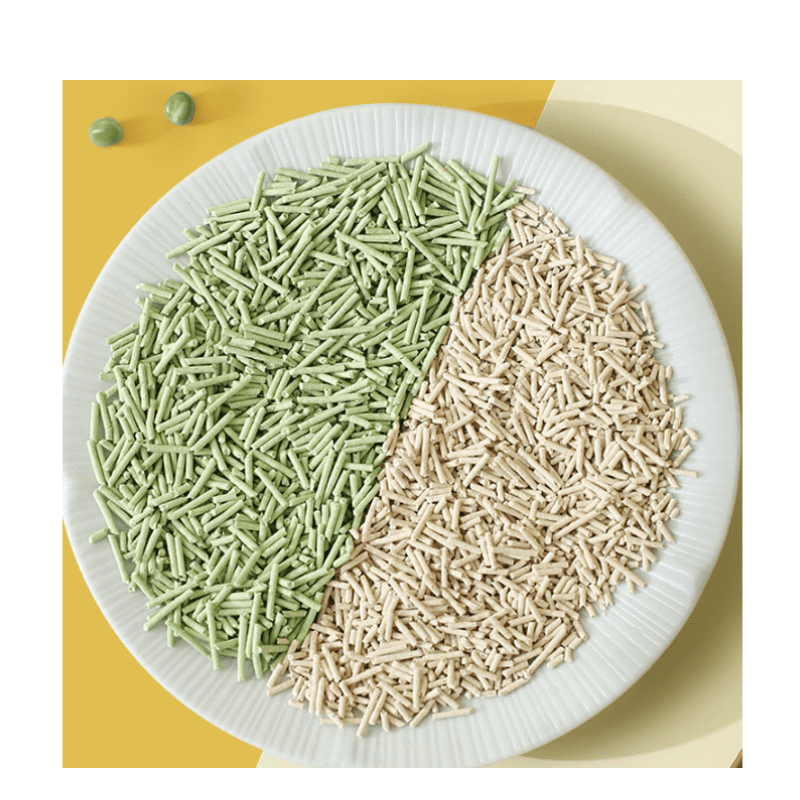
Eco-Friendly and Sustainable
Reduced Environmental Impact: Traditional clay-based cat litter is derived from strip mining, a process that is both environmentally destructive and energy-intensive. In contrast, plant-based cat litter is made from renewable resources such as corn, wheat, pine, or recycled paper. This not only conserves natural resources but also minimizes the ecological footprint.

Biodegradable: One of the most significant advantages of plant-based cat litter is its biodegradability. Unlike clay litter, which can take centuries to decompose, plant-based options break down naturally, reducing landfill waste. Some plant-based litters are even compostable, adding another layer of environmental benefit.
Health Benefits for Cats and Owners
Dust-Free: Traditional cat litters often generate dust, which can be a respiratory irritant for both cats and humans. Plant-based litters are typically dust-free, promoting better air quality in your home and reducing the risk of respiratory issues.
Chemical-Free: Many conventional litters contain artificial fragrances and chemicals that can cause allergic reactions or sensitivities in cats. Plant-based litters are generally free from synthetic additives, making them a safer choice for pets with sensitivities or allergies.

Superior Odor Control
Natural Odor Absorption: Plant-based litters are excellent at controlling odors. Materials like pine and wheat naturally absorb and neutralize odors without the need for artificial fragrances. This ensures a fresh-smelling home without exposing your cat to potentially harmful chemicals.
Enhanced Absorption: Plant-based litters often have superior absorption capabilities compared to traditional options. This means less frequent litter changes and a cleaner, drier litter box environment for your cat.
Cost-Effective and Efficient
Longer Lasting: Due to their high absorbency, plant-based litters often last longer than clay-based litters. This can lead to cost savings over time, as you won’t need to replace the litter as frequently.
Lightweight: Plant-based litters are generally lighter than their clay counterparts, making them easier to handle and transport. This is a significant advantage for both retailers and consumers.

Real-Time Data Insights
Recent market analysis indicates a growing trend toward eco-friendly products, with plant-based cat litter leading the charge. According to a report by Grand View Research, the global cat litter market is expected to reach USD 10.19 billion by 2027, with a significant portion of this growth driven by natural and biodegradable products.
Additionally, a survey conducted by PetMD revealed that 68% of cat owners are willing to pay more for environmentally friendly cat litter. This trend is particularly evident among millennials, who prioritize sustainability and environmental responsibility in their purchasing decisions.

Conclusion
As the demand for sustainable and health-conscious pet products continues to rise, plant-based cat litter presents a lucrative opportunity for wholesalers and retailers. By offering a product that aligns with the values of modern consumers, you can attract a loyal customer base and contribute to a healthier planet.
For more information on plant-based cat litter and to explore our range of eco-friendly products, visit Snappy Scooper. Embrace the future of cat care with sustainable, efficient, and health-conscious solutions.
